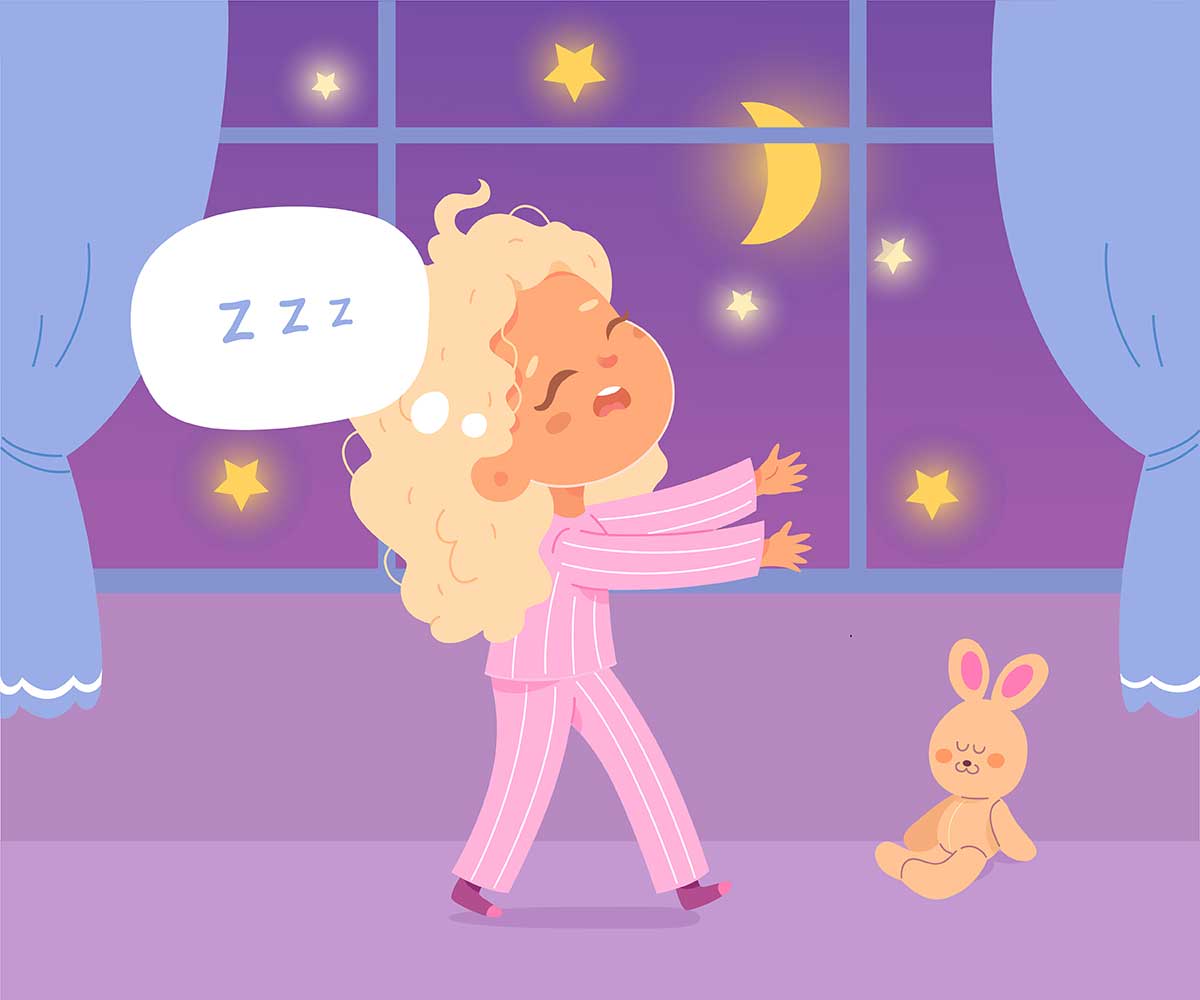In the stillness of the night, you may have witnessed someone sleepwalking, and it can be a rather eerie sight. Those glassy eyes, the vacant expression, and the utter confusion when they wake up – it's all quite perplexing. So, what exactly is happening when someone sleepwalks? How does it work? Who does it affect? Let's explore the world of sleepwalking and debunk some common misconceptions.
What is Sleepwalking?
Scientifically known as somnambulism, sleepwalking is a type of parasomnia. Parasomnias represent atypical actions that manifest while an individual is asleep. Sleepwalkers can engage in various activities during their nocturnal escapades, ranging from simple actions like eating to more complex behaviors such as driving a car.
The Science Behind Sleepwalking
While sleepwalking remains a mysterious phenomenon, we've made significant strides in understanding it. Contrary to the popular belief that sleepwalkers are acting out their dreams, most episodes occur during the first third of the night when the body is in non-REM (NREM) sleep, the deepest stage of the sleep cycle. During NREM sleep, the body undergoes critical processes like repair and hormone release, but dreaming doesn't take place. It's challenging to wake a sleepwalker in this state, but it's safe to do so gently.
Who is Prone to Sleepwalking?
Sleepwalking isn't limited to a specific age group, but oddly enough, children are more likely to experience it. It often runs in families and occurs more frequently in boys than girls. According to a study from Stanford University School of Medicine, one in 25 U.S. adults is prone to sleepwalking, with nearly 29.2% reporting some form of it since childhood. Parasomnias like sleepwalking are considered errors in the brain's timing and balance. They are classified as disorders of arousal, causing a person to awaken from deep NREM sleep and enter a transitional state between sleeping and waking.
Why do Children Experience Sleepwalking More?
The precise reasons why children are more prone to sleepwalking are not fully understood. Some experts suggest that immature brains may not grasp sleep cycles properly or that certain brain areas develop at different rates. Additionally, since NREM sleep is associated with hormone release, fluctuations in hormones might play a role in sleepwalking episodes.
The Dangers of Sleepwalking
Contrary to another common misconception, sleepwalking can be hazardous. It has been linked to seizures and certain disorders such as Parkinson's and Alzheimer's. Throughout history, there have been instances of people committing crimes, including manslaughter, while sleepwalking. Although it might sound like a plot from a crime show, it's not far from reality. However, it's essential to note that such cases are extremely rare.
Conclusion
Sleepwalking remains an intriguing enigma of the nocturnal world. While we have made strides in understanding its mechanisms and dispelling myths, there is still much to unravel about this mysterious phenomenon. As for the question of whether you've ever seen someone sleepwalking, it's an experience that often leaves us with more questions than answers.
Frequently Asked Questions
Can sleepwalking be dangerous?
Yes, sleepwalking can be dangerous, as it has been linked to seizures and certain disorders like Parkinson's and Alzheimer's. Rare cases involve people committing crimes while sleepwalking.
Why do children experience sleepwalking more frequently?
While the exact reasons are not fully understood, some experts believe that immature brains may not comprehend sleep cycles properly, and hormonal fluctuations might play a role.
Is it safe to wake up a sleepwalker?
Yes, it is safe to wake up a sleepwalker, but it should be done gently, without violence.
Do sleepwalkers act out their dreams?
No, sleepwalkers typically do not act out their dreams. Most sleepwalking episodes occur during non-REM sleep, which is devoid of dreaming.
Can sleepwalking run in families?
Yes, sleepwalking often runs in families, and it is more common in boys than girls.








0 Comments